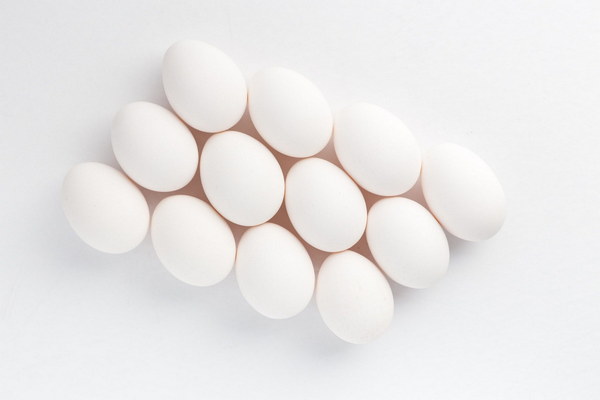How to Nourish Your Kidneys Understanding the Connection Between a Short Chin and Kidney Deficiency
In traditional Chinese medicine, the face is often regarded as a mirror to one's health. One of the key features that can provide insight into a person's internal health is the chin. A short chin is believed to be a sign of kidney deficiency, which can lead to various health issues if not addressed. This article delves into the relationship between a short chin and kidney deficiency, and offers practical tips on how to nourish your kidneys and improve your overall well-being.

Understanding the Connection:
In traditional Chinese medicine, the kidney is considered the root of life, playing a crucial role in regulating energy, or Qi, in the body. It is also believed to be connected to the bones, hair, and the lower back. A short chin, according to this philosophy, may indicate that the kidney is not functioning optimally, leading to a deficiency in kidney energy.
Several factors can contribute to kidney deficiency, including genetics, poor diet, stress, and physical injury. When the kidneys are deficient, it can manifest as various symptoms, such as fatigue, weakness, poor memory, and aching in the lower back or knees.
Signs of Kidney Deficiency:
1. Short chin: A short, receding chin is a common facial feature associated with kidney deficiency.
2. Weak lower back: Lower back pain or weakness may indicate kidney deficiency.
3. Aching knees: Aching or pain in the knees can also be a sign of kidney deficiency.
4. Poor memory: Kidney deficiency may affect the brain's ability to store and recall information.
5. Hair loss: Thinning or falling hair can be a sign of kidney deficiency.
6. Frequent urination: Excessive urination, especially during the night, may indicate kidney weakness.
7. Fatigue: Persistent fatigue or exhaustion, even after adequate rest, may be a sign of kidney deficiency.
Nourishing Your Kidneys:
To combat kidney deficiency and improve your overall health, consider the following tips:
1. Diet: Include foods that are known to nourish the kidneys, such as walnuts, black beans, kidney beans, pork kidneys, and goji berries. These foods are rich in nutrients that support kidney health.
2. Herbs and Supplements: Consult with a healthcare professional to determine if herbal supplements or kidney-supporting vitamins and minerals can benefit you. Herbs such as astragalus, codonopsis, and rehmannia are often used in traditional Chinese medicine to strengthen the kidneys.
3. Exercise: Regular physical activity, particularly exercises that strengthen the lower back and knees, can help improve kidney function. Activities like tai chi, yoga, and swimming are excellent choices.
4. Meditation and Stress Reduction: Stress can exacerbate kidney deficiency. Practice meditation, deep breathing exercises, or other stress-reduction techniques to keep your mind and body balanced.
5. Adequate Sleep: Ensure you get enough restful sleep each night, as sleep plays a vital role in kidney health and overall well-being.
6. Avoid Harmful Habits: Limit or avoid alcohol, caffeine, and other substances that can strain the kidneys.
7. Regular Check-ups: Visit your healthcare provider regularly to monitor your kidney health and catch any potential issues early.
By understanding the connection between a short chin and kidney deficiency, and taking proactive steps to nourish your kidneys, you can improve your overall health and well-being. Remember, it is essential to consult with a healthcare professional before making any significant changes to your diet or lifestyle.









